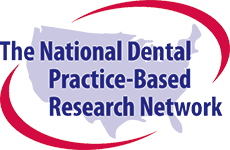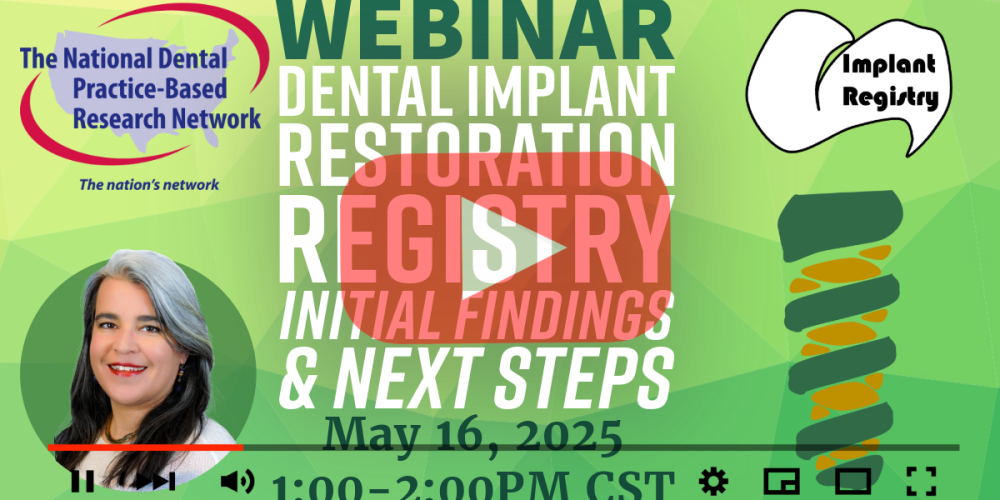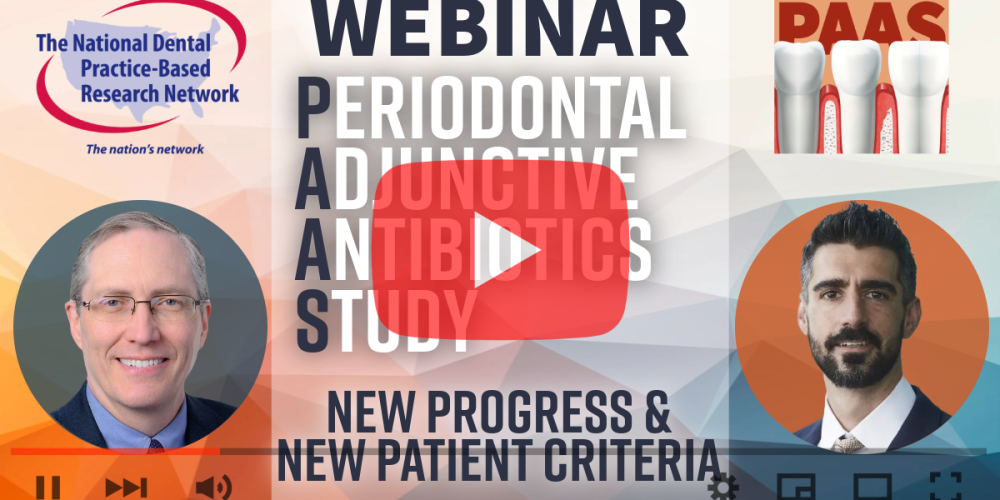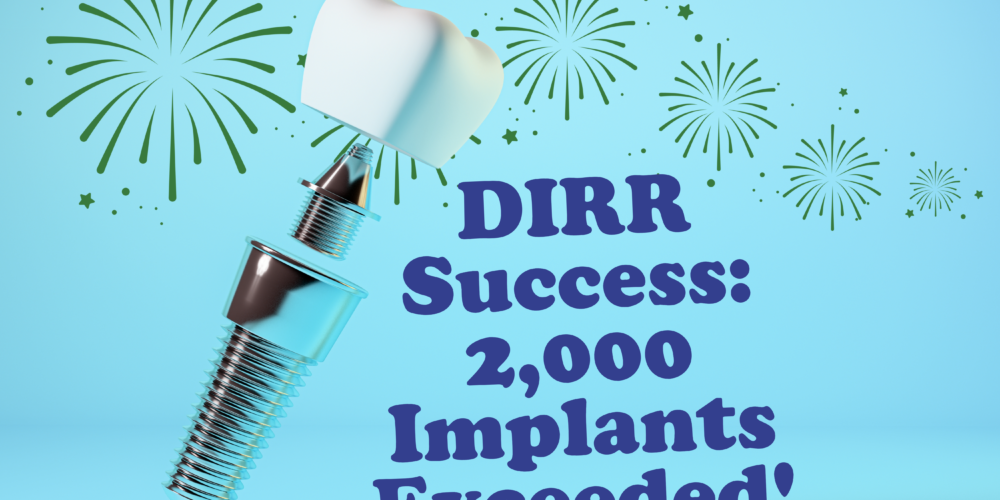
Smoking is harmful to oral health. However, quitting smoking can stop the progression of tobacco-related oral health problems. While advancing the understanding and how to improve smokers’ dental hygiene, we are studying the effectiveness of nicotine replacement sampling in dental practices to increase smoking cessation.
Tobacco’s Harsh Effects on Oral Health
Cigarettes, smokeless tobacco, and other forms of tobacco cause oral cancer, gum disease, and other oral health problems. The basic components of cigarettes are tobacco, chemical additives, a filter, and paper wrapping. Tobacco contains a chemical called nicotine, an addictive stimulant, that often makes the cessation of smoking difficult. Many oral health issues arise because of smoking, such as:
- Bad breath
- Tooth Staining and Discoloration
- Gum disease
- Dental caries
- Oral cancer
In addition to increased buildup of plaque and calculus on the teeth, tobacco use can contribute to delayed healing process following tooth extraction, periodontal treatment, or oral surgery as well as lower success rates of dental implants.
How to Improve Your Dental Hygiene as a Smoker
When smoking, an oral hygiene routine is essential. These are some steps for people who smoke to take to reduce smoking’s harmful impacts on dental hygiene.
Brushing Properly
Begin by brushing your teeth twice daily, making sure to use a toothbrush and toothpaste recommended by your dentist. It’s easy to overlook the kind of toothpaste you’re using but some offer added protection against gum disease.
Maintain Your Dental Appointments
Dentists and dental hygienists can remove the build-up of plaque from smoking as well as examine the mouth for oral cancer. Smokers must continue going to the dentist routinely to preserve oral health.
Treatment & the Effectiveness of Nicotine Replacements
Smoking cessation decreases the incidence and progression of many oral health problems. Most smokers attempt to quit, but the majority of quit attempts are unaided by smoking cessation medications and end in relapse. To combat this, we recommend dentists and dental hygienists utilize the Ask-Advise-Refer method (AAR). By asking patients if they smoke, advising them to quit, and then referring the patient to national quitlines for counseling, patients are connected to evidence-based treatments that increase their chances of quitting.

Nicotine Replacement Therapy sampling (NRTS)
The use of medication during smoking cessation can double the chances of success. Not many dentists prescribe these medications, which is why the National Dental Practice-Based Research Network is testing a new strategy called NRTS. NRTS refers to providing all smokers, regardless of their current interest in quitting, with free samples of over-the-counter NRT products. NRTS has been shown to increase medication use, quit attempts, positive attitudes toward NRT and long term abstinence from smoking.
Studying the Effectiveness of NRTS: The Free Samples for Health (FreSH) Study

In the FreSH study, we are comparing AAR + NRTS (NRTS) to enhanced usual care (ET; AAR + electric toothbrush) to test the effectiveness of NRTS in dental practices. In this study, 50 practices and 1200 patients will participate. We hope the outcomes of this study will aid in the future implementation of NRTS in dental settings. Contact us now to participate.
Participate in Groundbreaking Studies by Becoming a Member Today!
To participate in groundbreaking research like the FreSH study, sign-up to become a member of the National Dental PBRN if you are a dentist or other dental provider. Through our membership program, you gain access to networking opportunities, participation in clinical studies, free continuing education credit, and the chance to grow your portfolio. If you are a patient, ask your dentist to join the network!
If you are interested in participating, contact us!



